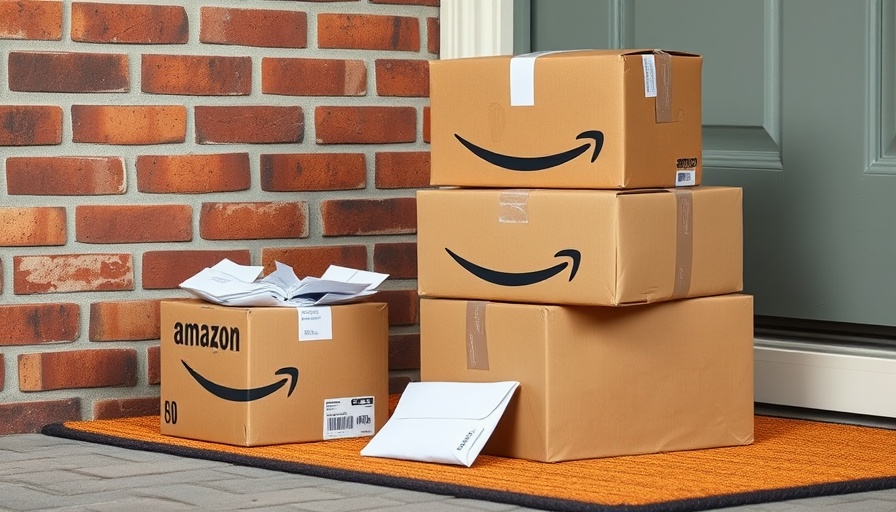
The New Rules of Amazon Prime: What You Need to Know
Amazon has long been a staple in the lives of many shoppers, offering convenience and a wide array of services through its Prime membership. From faster delivery times to streaming services like Prime Video, the benefits have made the service attractive to millions. However, with a recent announcement, Amazon is changing the rules around sharing Prime benefits, and it’s crucial to understand how these changes will affect you, your family, and the way you shop.
Understanding the Changes to Prime Benefits
As of October 1, 2025, the traditional way of sharing Amazon Prime benefits is shifting significantly. The program, previously known as Prime Invitee, will now be limited to just one household. This means that only those who live at the same physical address can share access to Prime benefits. Previously, users could share their membership with others living at different addresses, but with a growing number of accounts sharing benefits, Amazon's move aims to tighten the controls on account usage.
The new program, Amazon Family, adapts the sharing feature. While it still provides access to many of the benefits that have attracted millions to Prime—such as free shipping and streaming services—it creates a more restricted environment, requiring all members to reside at the same address. This updated structure includes sharing:
- Fast and free shipping on Prime-eligible items
- Exclusive Prime events and deals
- Prime Video (with ads)
- Amazon Music Prime with one other adult
- Access to digital content like eBooks and audiobooks
The Rationale Behind the Changes
Why is Amazon making this switch? One reason could be the company's ongoing efforts to curb account sharing, which has likely impacted its bottom line. With an increase in active accounts sharing benefits, the company may have seen a need to retain profitability by limiting access to paying members only. By enforcing this restriction, Amazon aims to encourage more customers to obtain their own Prime accounts, which ultimately translates to increased revenue for the company.
Local Reactions: What Do Consumers Think?
The response to Amazon's announcement has been mixed. Many users who have often shared the benefits with extended family members and friends might feel frustrated, as the previous flexibility will now be constrained. On the other hand, some might appreciate the need for stricter guidelines to ensure that the benefits remain sustainable for the company and its members. This scenario has ignited discussions on social media platforms, where users express concerns about whether tight control on household accounts may limit access to Prime services and the potential for added expenses.
The Impact on Students and Multi-Generational Households
For students and families living in multi-generational households, these changes could pose new challenges. College students who relied on their parents’ accounts to enjoy streaming services or benefits might find themselves burdened by the need to either pay for their own membership or face missing out on these perks. Additionally, families with young adults living at home will need to reconsider their Prime setups, as they can no longer share these benefits freely with siblings or adult children who reside elsewhere.
Is Password Sharing Under Threat?
While Amazon didn't officially address password sharing in their announcement, many are speculating about potential restrictions on this practice as well. In an era where digital security is becoming a hot topic, a move to limit combining accounts may also suggest that the company is preparing for more stringent regulations on sharing access entirely. As this trend evolves, consumers will need to stay informed about the potential ramifications of this shift.
Future Insights: What’s Next for Amazon and Its Subscribers?
The new developments at Amazon signal a larger trend within the e-commerce and tech sectors where companies are reevaluating how benefits and services are distributed. As consumer habits continue to shift, and digital spaces become more saturated, it's likely that other companies will follow suit by enforcing stricter eligibility norms for their memberships. For loyal Amazon users, adjusting to these changes will take time, but it’s essential to stay informed and prepared.
 Add Row
Add Row  Add
Add 




Write A Comment